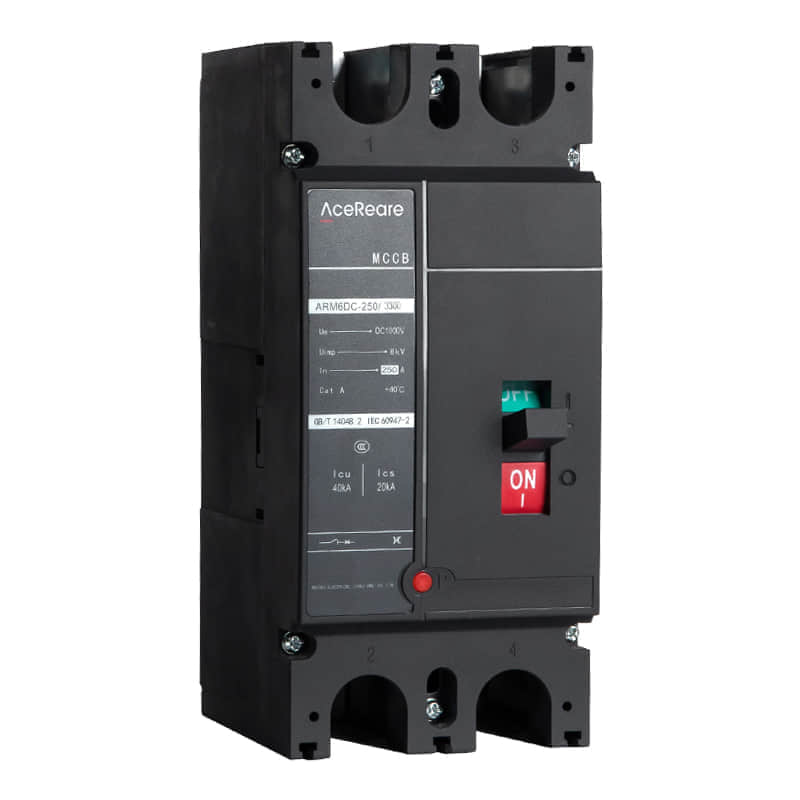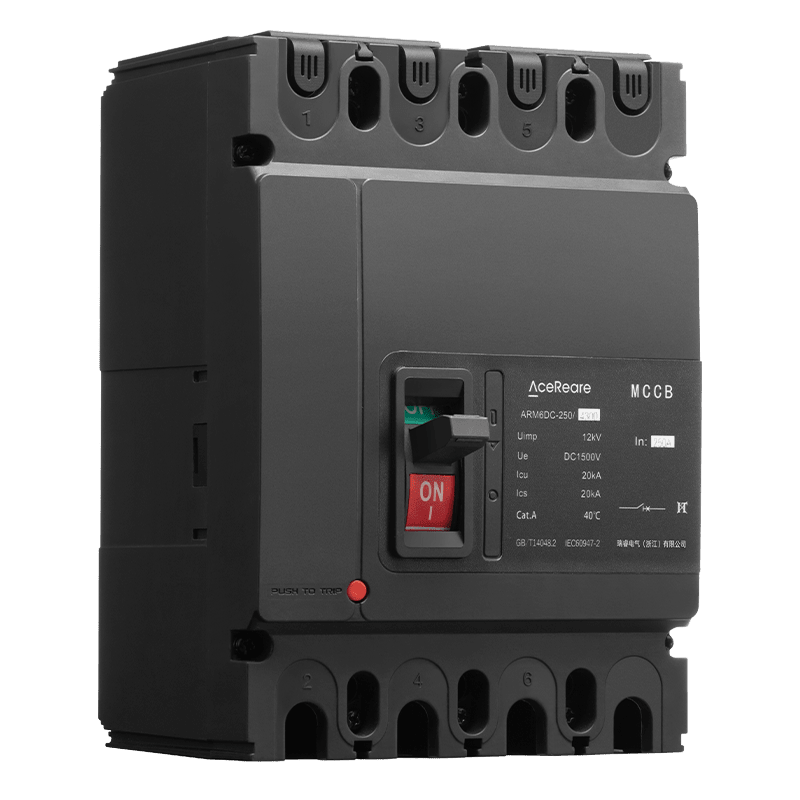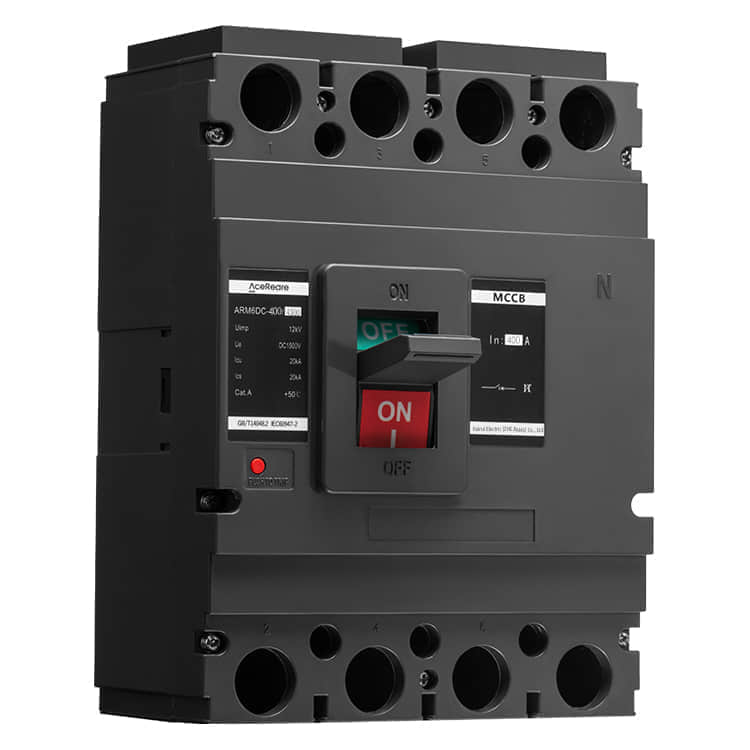Direct current (DC) molded case circuit breakers are essential components in electrical systems, designed to protect circuits and equipment from overcurrent conditions, short circuits, and other electrical faults. Unlike their AC counterparts, DC molded case circuit breakers are specifically engineered to handle the unique challenges posed by DC voltage sources. In this article, we will explore the importance of DC molded case circuit breakers and their role in ensuring electrical safety in high-voltage applications.

Understanding DC Molded Case Circuit Breakers

DC molded case circuit breakers are designed to interrupt the flow of electrical current in a circuit when it exceeds safe levels. They consist of a sturdy molded case housing the circuit-breaking mechanism, a trip unit, and a set of contacts. The trip unit monitors the current passing through the breaker and triggers the opening of the contacts when necessary. Challenges of DC Voltage DC voltage poses certain challenges that differ from AC voltage, making specialized circuit protection devices like DC molded case circuit breakers essential. Unlike AC voltage, DC voltage does not pass through zero during its cycle, which can lead to sustained arcs in the event of a short circuit. These arcs can be more difficult to extinguish, increasing the risk of damage to equipment and creating a safety hazard. Key Features of DC Molded Case Circuit Breakers Arc-Extinguishing Mechanisms:DC molded case circuit breakers incorporate arc-extinguishing technologies, such as magnetic blowout coils and arc chutes, to safely and efficiently extinguish arcs that may occur during fault conditions. High Breaking Capacity:They are designed to handle high levels of fault current, ensuring they can interrupt the circuit safely even under extreme conditions. Selective Coordination:DC molded case circuit breakers can be selectively coordinated with other protective devices in the electrical system to minimize downtime during a fault and protect critical equipment. Adjustable Trip Settings:Most DC molded case circuit breakers allow for adjustable trip settings to fine-tune protection based on the specific requirements of the application. Remote Monitoring:Some models offer remote monitoring and communication capabilities, allowing for real-time status updates and data collection to improve system reliability and maintenance. Applications of DC Molded Case Circuit Breakers DC molded case circuit breakers find applications in various industries, including: Renewable Energy:They protect solar panels, wind turbines, and energy storage systems from electrical faults, ensuring uninterrupted power generation. Industrial Manufacturing:DC molded case circuit breakers safeguard critical equipment and control systems in manufacturing plants, preventing costly downtime. Transportation:In electric vehicles (EVs) and mass transit systems, these breakers ensure the safety of battery systems and charging infrastructure. Telecommunications:DC molded case circuit breakers protect the power supply systems of communication networks to maintain uninterrupted service. Data Centers:They are crucial for data center power distribution and protection to guarantee the continuous operation of servers and networking equipment. Conclusion DC molded case circuit breakers play a vital role in safeguarding electrical systems and equipment in high-voltage DC applications. Their ability to handle the unique challenges posed by DC voltage sources, coupled with advanced features like adjustable trip settings and remote monitoring, makes them indispensable for ensuring electrical safety and system reliability. As technology continues to advance, the importance of these specialized circuit breakers in modern electrical systems cannot be overstated.
